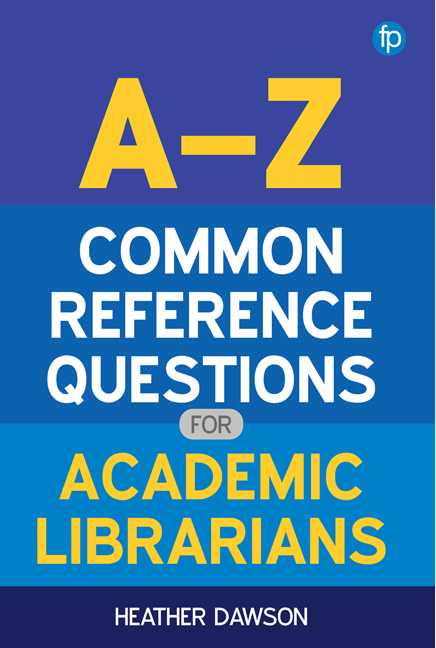Citing, Referencing and Plagiarism
Published online by Cambridge University Press: 19 March 2020
Summary
Typical questions
• How do I cite a law report in APA style?
• What is self-plagiarism?
Starting points
• The increasing focus on plagiarism detection often causes concerns for students who may not be sure what constitutes plagiarism and so fear doing it accidentally. A common query relates to self-plagiarism – reusing your own previous work without citing that it has been used before. Most universities have codes which provide definitions of what is acceptable, so advise checking for these.
• Students may also have concerns about plagiarism checking software. They often need reassuring that not having access to these before final submission is not a cause for concern if citing and referencing has been completed consistently and accurately. Likewise, if checking software returns a high score for unoriginality this is not a cause of failure if references have been cited correctly.
• Students need to choose a style and use it consistently. Some courses will prescribe this and they should be advised to check any handbooks for details. Likewise, journals also have style guidelines on their websites for authors. If none is specified, the best advice is to choose the most recent version of a well-established style that is likely to provide guidelines for electronic as well as traditional resources. This section focuses upon the key ones: APA, MLA, Harvard and OSCOLA. Many websites offer versions free of charge, however it is always best to check established resources.
• Students requiring guidance on citing often benefit from training in writing skills – such as when and how to paraphrase (see the Writing chapter). Those with large numbers of references are advised to use a mechanised tool (see Reference Management).
Recommended resources
Study guides
Cite them right online (Subscription) [Basic]
www.citethemrightonline.com
Designed to support students in avoiding plagiarism. Examples are given in Harvard, APA, MHRA, MLA, OSCOLA, Chicago and Vancouver referencing styles, covering the full range of sources from manuscripts to social media. An accompanying textbook, Cite Them Right: The Essential Referencing Guide by Richard Pears and Graham Shields, issued in the Palgrave study skills series, is available in print. Note, some lecturers may prefer students to use the official guides listed below.
Plagiarism.org [Basic]
www.plagiarism.org
Site sponsored by Turnitin (turnitinuk.com), a supplier of plagiarism checking software. Has some good general advice for students and instructors on avoiding plagiarism.
- Type
- Chapter
- Information
- A-Z Common Reference Questions for Academic Librarians , pp. 56 - 58Publisher: FacetPrint publication year: 2019



